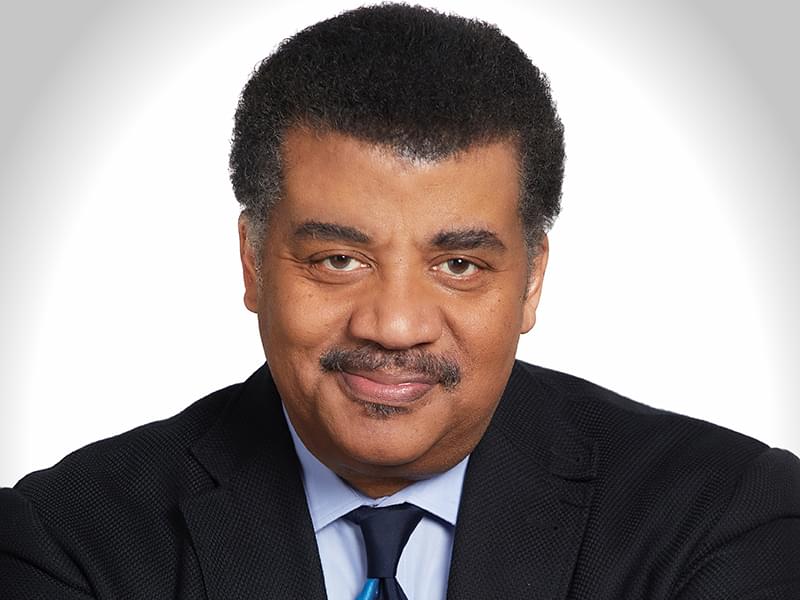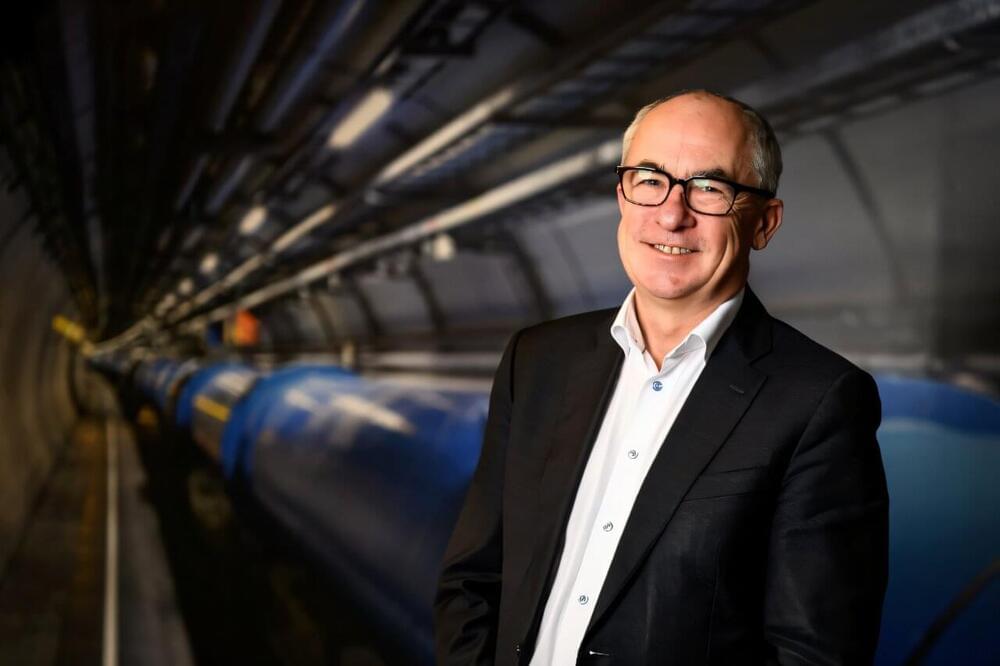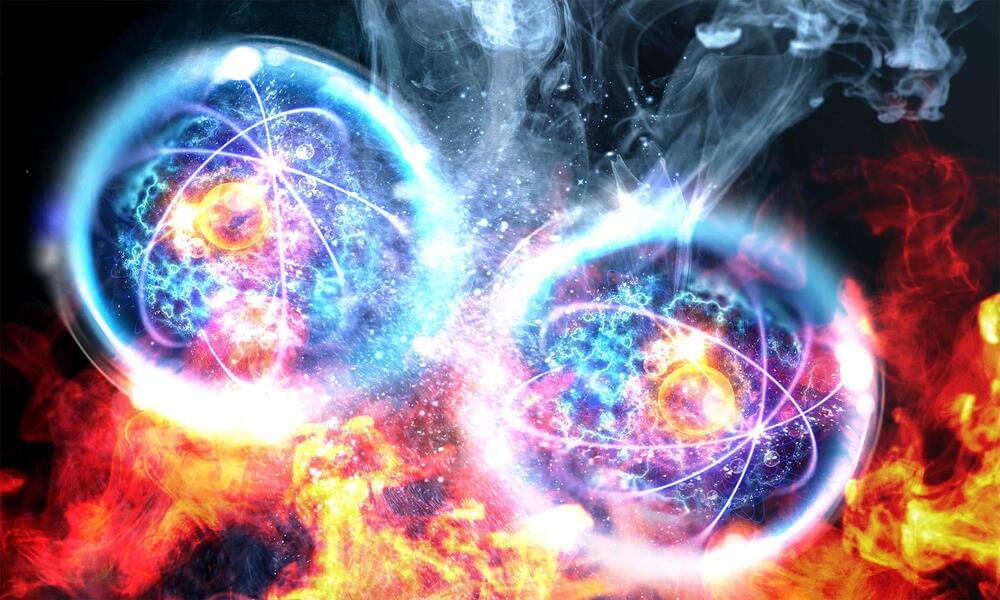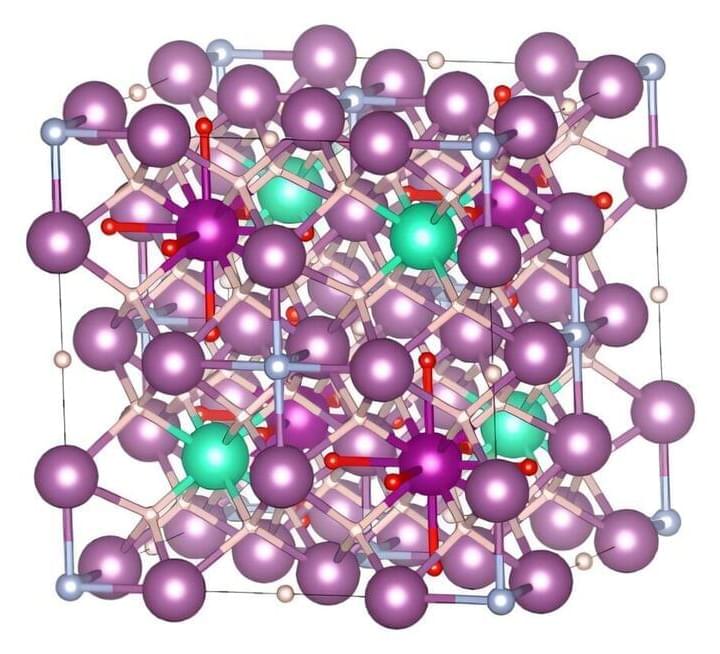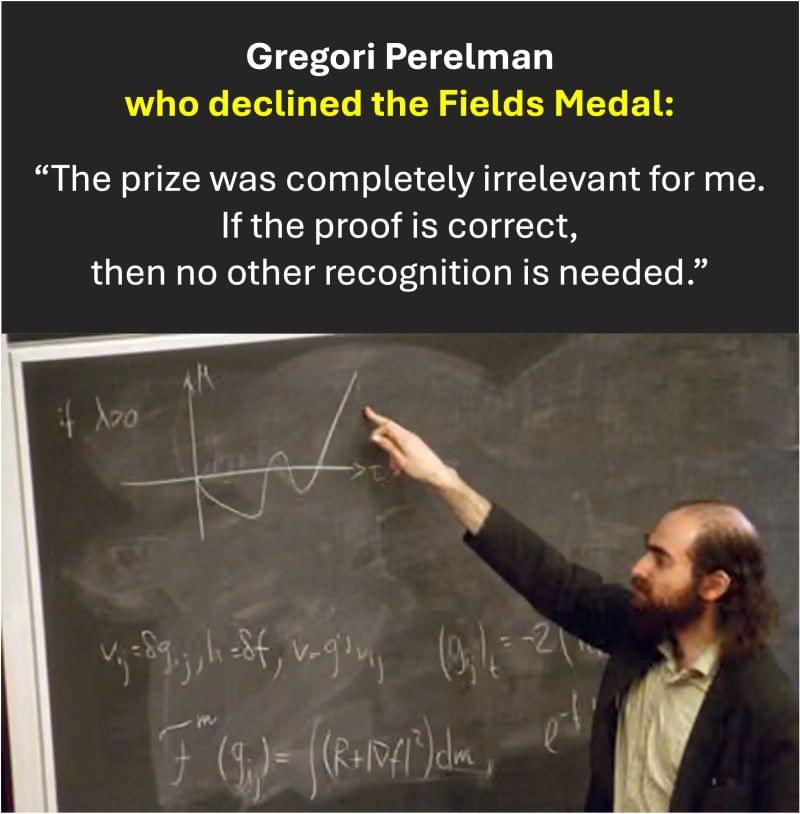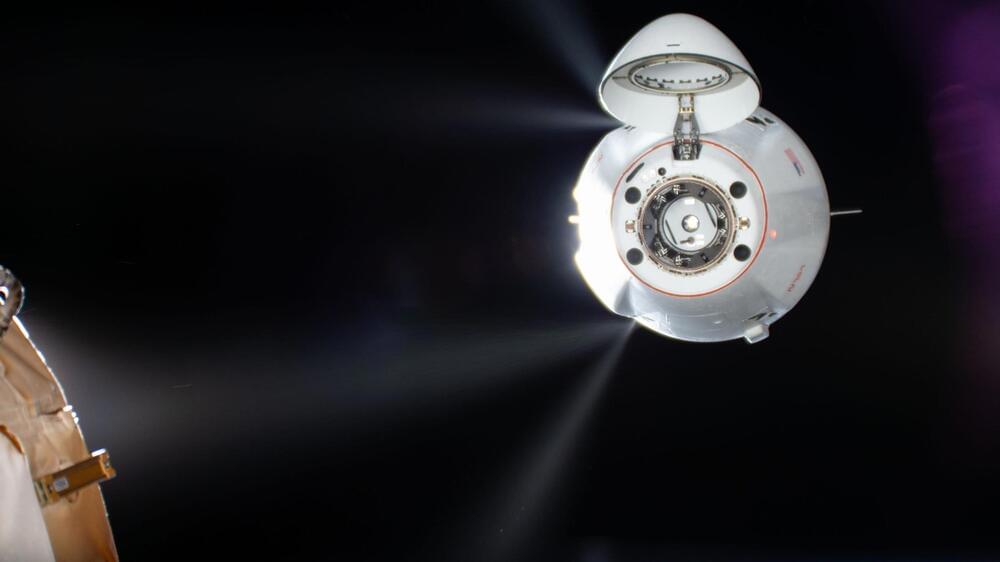Live Appearances: Worcester & Newark!
Expand your universe with astrophysicist, professor and New York Times best-selling author Neil deGrasse Tyson. In this thought-provoking talk, he’ll discuss the anatomy of science and the scientific process. What exactly is science? How does it work? And why is it so effective at explaining the confusing world around us? Learn how science can help humanity answer our most pressing questions — and why the future of our species depends on it.
NJPAC’s Conversations Series is graciously supported by the Blanche and Irving Laurie Foundation.
